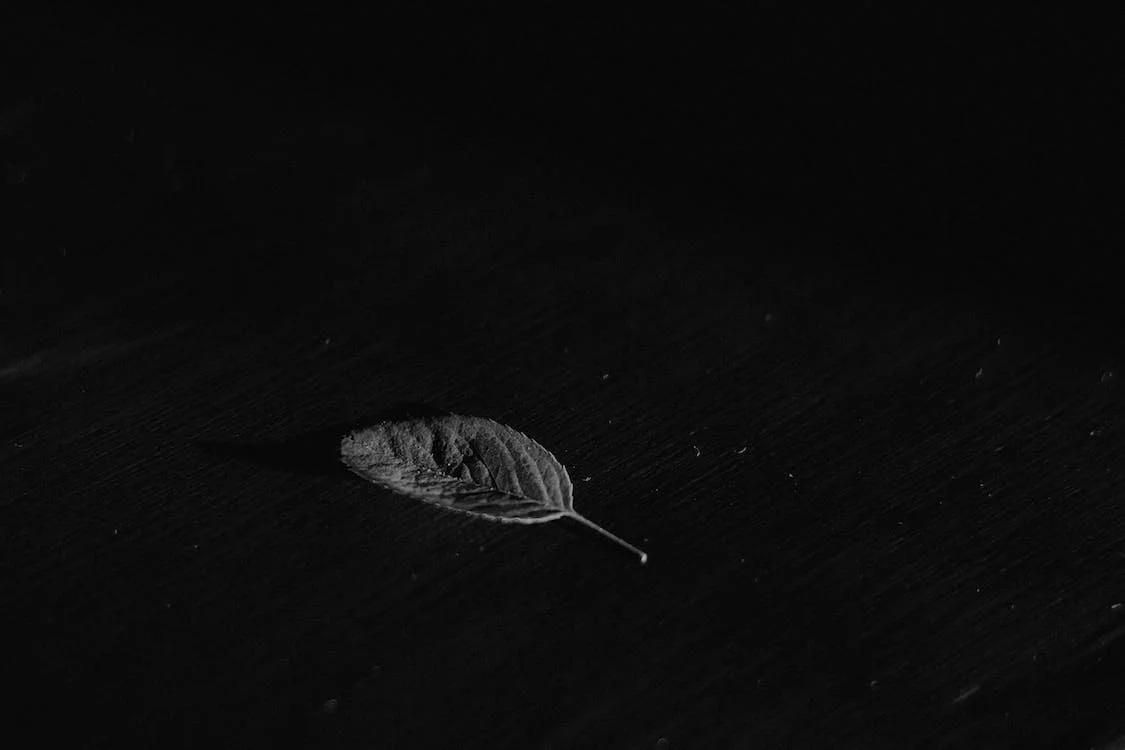We love flash fiction, so we were stoked when poet and flash fiction pro, Kathyrn Mockler, said she’d be game to join us for a Power Q & A. Let’s dive in, and learn a little more about writing, and why to write, this short and sweet form of fiction.
Q: There’s short fiction, then there’s short, short fiction. Your newest book, Anecdotes (Book*Hug Press, 2023) features the latter—flash fiction. Why did you feel this form was a good fit for the themes addressed in your book, if this was a conscious consideration at all?
Anecdotes is now available to order anywhere books are sold, including at Book*Hug Press.
A: Flash fiction is a genre I enjoy reading, and many authors I admire write in this form—Claudia Rankine, Lydia Davis, Osama Alomar, Gary Barwin, Kathy Fish, Diane Williams.
I also have a poetry background so that might account for my interest in the very short story. Most of my poetry is essentially flash or micro-fiction.
In many ways the difference between prose and poetry is arbitrary for me and has more to do with publication categorization than any concern I have when writing. I use poetic techniques in my prose and narrative in my poetry. Very short autofictional prose and very short absurd prose are probably the most accurate descriptions of my work, which I admit isn’t the sexiest way to phrase it.
In terms of length, I don’t consciously set out to write in a very short form. It just happens. In Anecdotes there’s everything from one-lines to mid-sized stories in the collection.
When a story feels like it’s said all it’s going to say, I wrap it up. I don’t try to force a longer narrative out of something that wants to be short.
Many of the pieces from the third section, This Isn’t a Conversation, are from an ongoing project that is also a video project which consists of thoughts, fragments, conversations, journal writing, overheard snippets. When I hear a line or think of a line that fits that project, I include it. So I know those piece are going to be short by the nature of how they are composed. However I rearrange these pieces in all sorts of ways so they may be longer or shorter depending on what I am doing with them.
But for the other stories, I just let each story be as long as it wants or needs to be. When a story tells me it’s done, I listen.
More about Anecdotes:
With dreamlike stories and dark humour, Anecdotes is a hybrid collection in four parts examining the pressing realities of sexual violence, abuse, and environmental collapse.
Absurdist flash fictions in “The Boy is Dead” depict characters such as a park that hates hippies, squirrels, and unhappy parents; a woman lamenting a stolen laptop the day the world ends; and birds slamming into glass buildings.
“We’re Not Here to Talk About Aliens” gathers autofictions that follow a young protagonist from childhood to early 20s, through the murky undercurrent of potential violence amidst sexual awakening, from first periods to flashers, sticker books to maxi pad art, acid trips to blackouts, and creepy professors to close calls.
“This Isn’t a Conversation” shares one-liners from overheard conversations, found texts, diary entries, and random thoughts: many are responses to the absurdity and pain of the current political and environmental climate.
In “My Dream House,” the past and the future are personified as various incarnations in relationships to one another (lovers, a parent and child, siblings, friends), all engaged in ongoing conflict.
These varied, immersive works bristle with truth in the face of unprecedented change. They are playful forms for serious times.
Kathyrn Mockler.
More about Kathryn:
Kathryn Mockler is the author of five books of poetry. She co-edited the print anthology Watch Your Head: Writers and Artists Respond to the Climate Crisis (2020) and is the publisher of the Watch Your Head website. She runs Send My Love to Anyone, a literary newsletter, and is an Assistant Professor at the University of Victoria where she teaches screenwriting and fiction.



